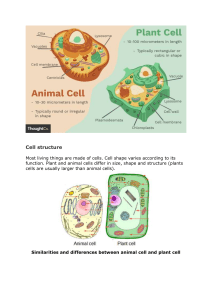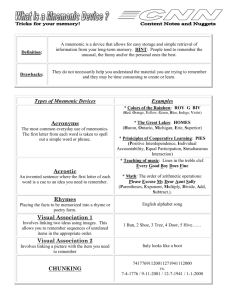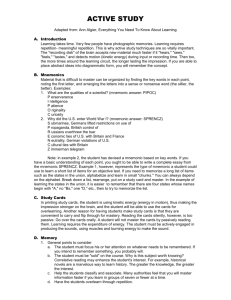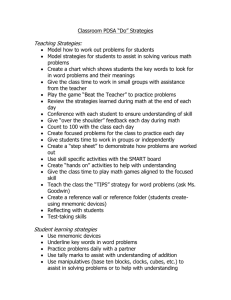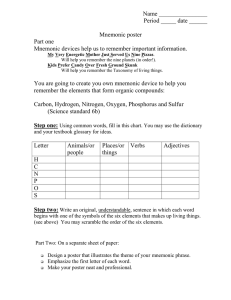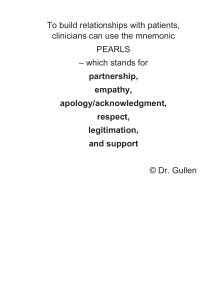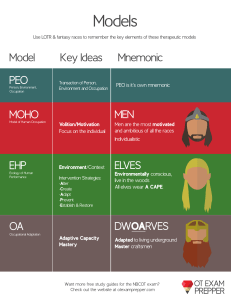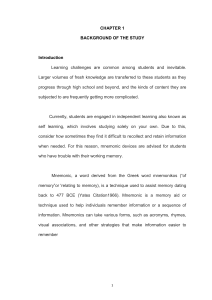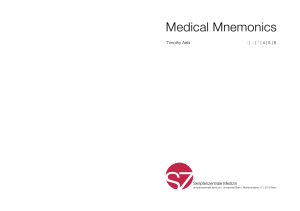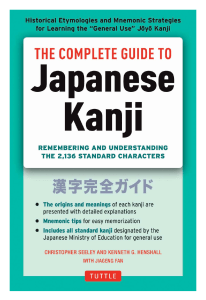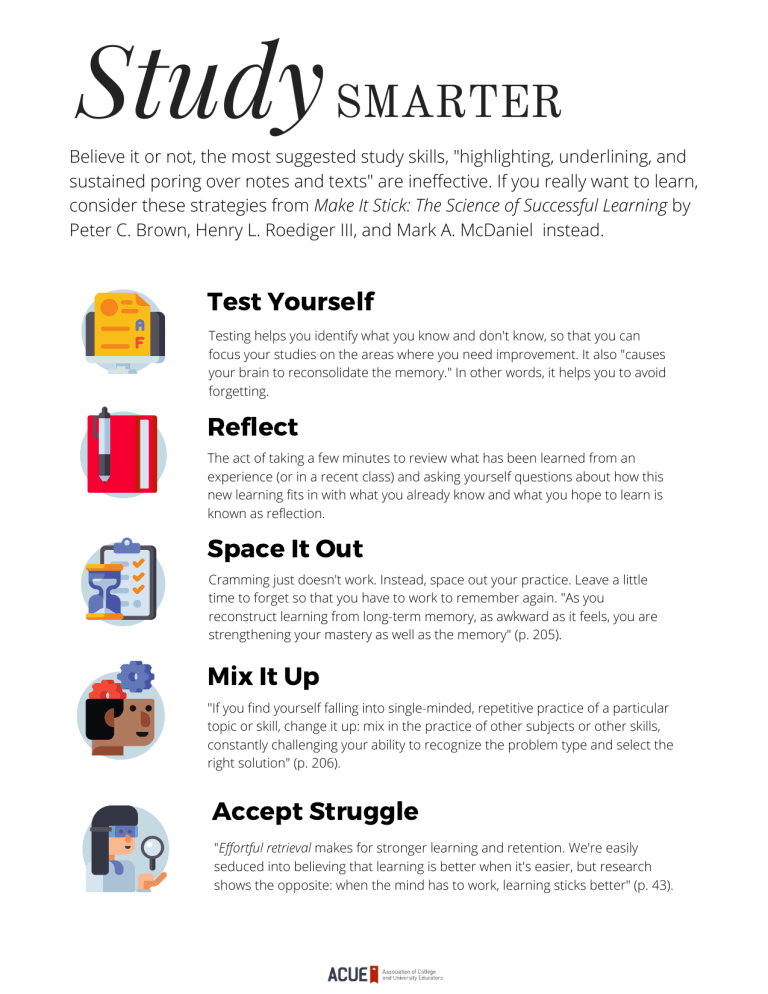
Study SMARTER Believe it or not, the most suggested study skills, "highlighting, underlining, and sustained poring over notes and texts" are ineffective. If you really want to learn, consider these strategies from Make It Stick: The Science of Successful Learning by Peter C. Brown, Henry L. Roediger III, and Mark A. McDaniel instead. Test Yourself Testing helps you identify what you know and don't know, so that you can focus your studies on the areas where you need improvement. It also "causes your brain to reconsolidate the memory." In other words, it helps you to avoid forgetting. Reflect The act of taking a few minutes to review what has been learned from an experience (or in a recent class) and asking yourself questions about how this new learning fits in with what you already know and what you hope to learn is known as reflection. Space It Out Cramming just doesn't work. Instead, space out your practice. Leave a little time to forget so that you have to work to remember again. "As you reconstruct learning from long-term memory, as awkward as it feels, you are strengthening your mastery as well as the memory" (p. 205). Mix It Up "If you find yourself falling into single-minded, repetitive practice of a particular topic or skill, change it up: mix in the practice of other subjects or other skills, constantly challenging your ability to recognize the problem type and select the right solution" (p. 206). Accept Struggle "Effortful retrieval makes for stronger learning and retention. We're easily seduced into believing that learning is better when it's easier, but research shows the opposite: when the mind has to work, learning sticks better" (p. 43). Study SMARTER Elaborate "Elaboration is the process of finding additional layers of meaning in new material... Examples include relating the material to what you already know, explaining it to somebody else in your own words, or explaining how it relates to your life outside of class" (p. 207). Calibrate "Calibration is the act of aligning your judgments of what you know and don't know with objective feedback..." (p. 210). In other words, you can use tools like professor or peer feedback and practice tests to identify the areas where you still need to do a little work. Simplify It Use mnemonic devices to make arbitrary information easier to remember. "Mnemonic devices are like mental file cabinets. They give you handy ways to store information and find it again when you need it" (p. 211). If you learned "Please excuse my dear Aunt Sally" for the order of operations in mathematics, then you have used a mnemonic device. Problem Solve "The process of trying to solve a problem without the benefit of having been taught how is called generative learning, meaning that the learner is generating the answer rather than recalling it. Generation is another name for good oldfashioned trial and error" (p. 94). Look for Rules "People who as a matter of habit extract underlying principles or rules from new experiences are more successful learners than those who take their experience at face value, failing to infer lessons that can be applied in similar situations" (p. 133). Believe You Can Students who adopt a "growth mindset," the "belief that their intelligence is largely within their own control" are more likely to be high achievers (p.180). Focus on learning (I understand/can apply this) rather than character or performance (I am this /I look good doing this). Believe that with deliberate practice, you can improve.
